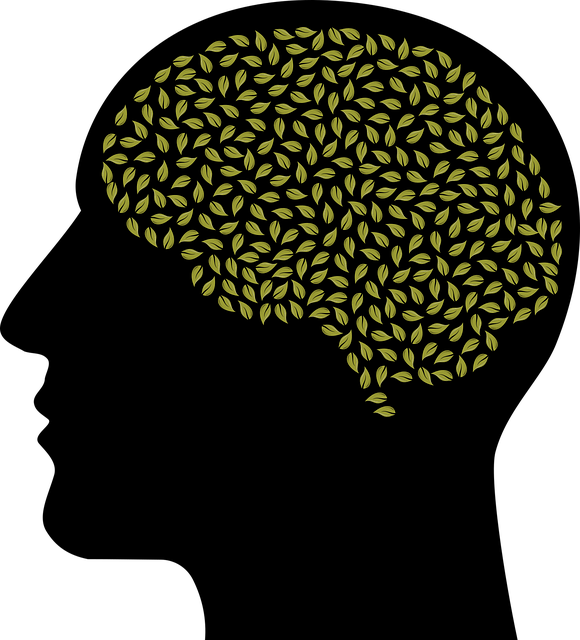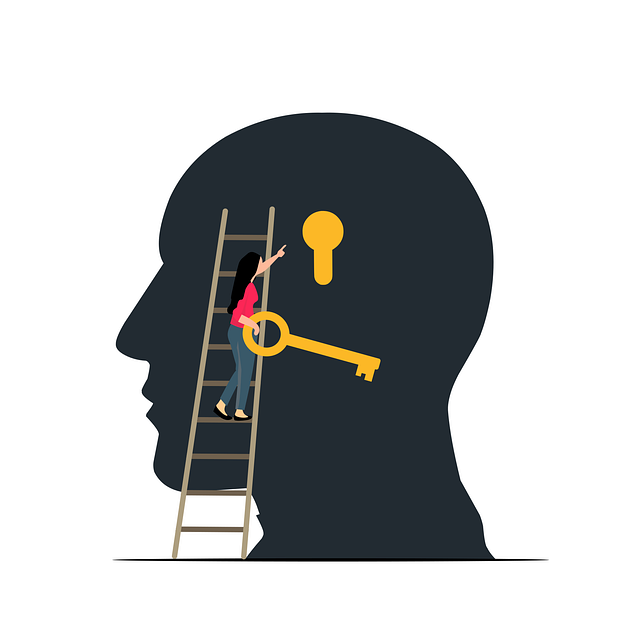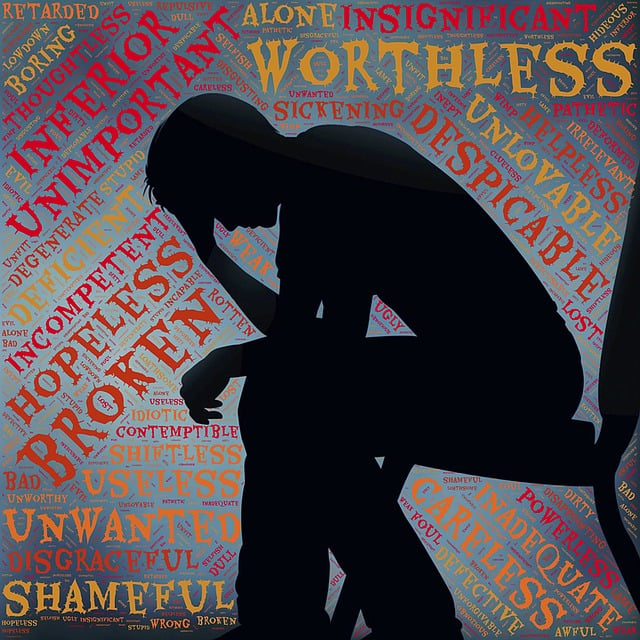Depression co-occurring with gambling addiction is a serious issue, but recognizeable signs and effective treatments like Therapy for Adults Gambling (CBT) can help. Early intervention through mental health education empowers individuals to identify warning signs and adopt healthy coping mechanisms. Regular exercise, balanced diets, and avoiding harmful habits further protect against depression. Strong support networks and professional help, including Therapy for Adults Gambling, are vital for managing symptoms and fostering recovery. Systemic changes and compassion cultivation practices enhance overall mental well-being.
Depression is a prevalent and serious mental health issue, but it’s preventable. This article explores comprehensive strategies to combat depression, focusing on early recognition through identifying signs of both depression and gambling addiction. It delves into effective therapy options like Cognitive Behavioral Therapy (CBT), highlighting its potency in prevention. Additionally, lifestyle adjustments for improved mental well-being are discussed, along with the importance of support networks and professional help, offering a holistic approach to managing and overcoming depression, particularly among adults prone to gambling addiction.
- Recognizing the Signs of Depression and Gambling Addiction
- Cognitive Behavioral Therapy (CBT): A Powerful Tool for Prevention
- Lifestyle Changes for Enhancing Mental Well-being and Reducing Risks
- Support Networks and Professional Help: Navigating Resources for Recovery
Recognizing the Signs of Depression and Gambling Addiction

Recognizing the signs of depression is crucial, especially as it often co-occurs with gambling addiction. Therapy for adults gambling can be a game changer in managing both conditions. While problem gambling may initially provide a temporary escape from emotional distress, it can lead to significant mental health issues over time. Symptoms of depression, such as persistent sadness, loss of interest in activities once enjoyed, changes in appetite and sleep patterns, fatigue, feelings of worthlessness, and difficulty concentrating, can all be exacerbated by the stress and uncertainty associated with gambling addiction.
Mental health education programs designed to enhance emotional intelligence can play a vital role in prevention. By promoting awareness of one’s thoughts, emotions, and behaviors, these programs empower individuals to recognize early warning signs not only in themselves but also in loved ones at risk. Emotional healing processes that focus on cognitive behavioral therapy (CBT) techniques have proven effective in addressing both depression and gambling addiction, offering a comprehensive approach to recovery and improved mental well-being.
Cognitive Behavioral Therapy (CBT): A Powerful Tool for Prevention

Cognitive Behavioral Therapy (CBT) is a powerful tool in the arsenal of depression prevention strategies. This therapeutic approach focuses on identifying and changing negative thought patterns and behaviors that contribute to depressive episodes. By teaching individuals to recognize and challenge distorted thinking, CBT empowers them to develop healthier coping mechanisms and improve their overall mood.
For adults struggling with gambling addiction, CBT can be particularly effective. The therapy helps individuals understand how their thoughts and behaviors around gambling impact their mental health. Through CBT, they learn to build resilience against the stressors that trigger depression and develop effective stress reduction methods. Additionally, CBT plays a crucial role in Mental Illness Stigma Reduction Efforts by promoting understanding and acceptance of both depression and gambling addiction as treatable conditions.
Lifestyle Changes for Enhancing Mental Well-being and Reducing Risks

Adopting a healthy lifestyle plays a pivotal role in enhancing mental well-being and reducing the risks of depression. Regular physical activity, for instance, has been shown to boost mood and alleviate symptoms of depression. Incorporating activities like walking, yoga, or team sports into your routine can significantly improve overall mental health. Additionally, prioritizing a balanced diet ensures your body receives essential nutrients that support brain function and emotional stability.
Avoiding harmful habits such as excessive alcohol consumption and gambling is another crucial aspect of prevention. Therapy for adults with gambling issues has proven effective in managing compulsive behaviors and their associated mental health risks. Encouraging positive thinking through mindfulness practices or cognitive-behavioral therapy can also empower individuals to better cope with stress and adversity, reducing the likelihood of depression.
Support Networks and Professional Help: Navigating Resources for Recovery

Support networks play a vital role in depression prevention and recovery, especially when coupled with professional help. Connecting with loved ones, friends, or support groups can provide a sense of belonging and reduce feelings of isolation, which are significant risk factors for depression. Sharing experiences and emotions with understanding individuals can offer comfort, validation, and practical assistance during tough times. Many people find solace in discussing their struggles with mental health professionals, such as therapists or counsellors. Therapy for adults, particularly those grappling with gambling addiction, has proven effective in addressing underlying issues and developing coping strategies to manage depression.
Professional help extends beyond individual therapy. Mental Health Policy Analysis and Advocacy initiatives push for systemic changes that improve access to care, reduce stigma, and enhance support for mental health conditions. Compassion Cultivation Practices, like mindfulness and meditation, have been integrated into therapeutic frameworks to foster empathy and self-compassion, which are crucial for maintaining good mental health. By combining personal connections with professional interventions, individuals can navigate their depression prevention and recovery journeys with increased resilience and a better understanding of available resources.
Depression prevention is a multi-faceted approach, from recognizing signs early on to adopting lifestyle changes and seeking professional help. Cognitive Behavioral Therapy (CBT) emerges as a powerful tool for adults grappling with gambling addiction, offering effective strategies to manage symptoms and prevent relapse. Building and leveraging support networks are also crucial in navigating recovery. By combining these prevention strategies—including therapy, lifestyle modifications, and access to resources—individuals can enhance their mental well-being and reduce the risks associated with depression and gambling addiction.








